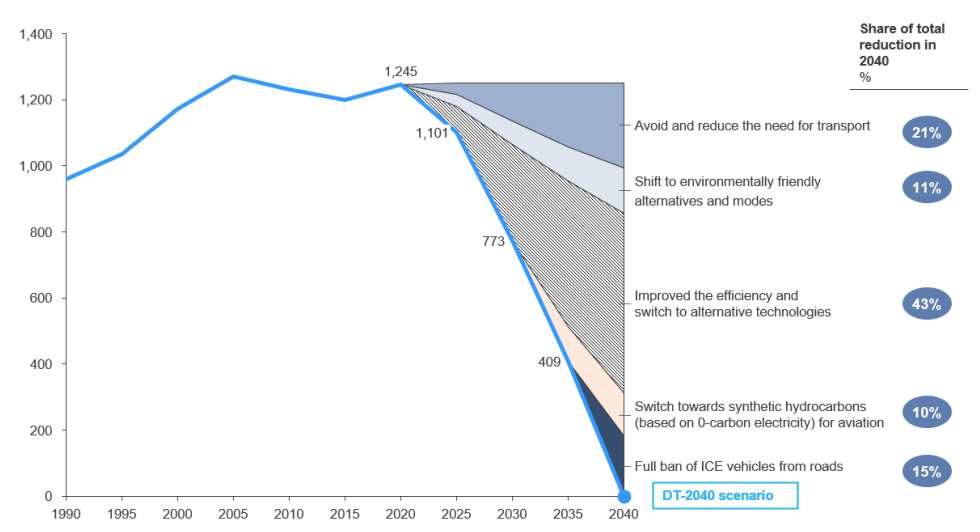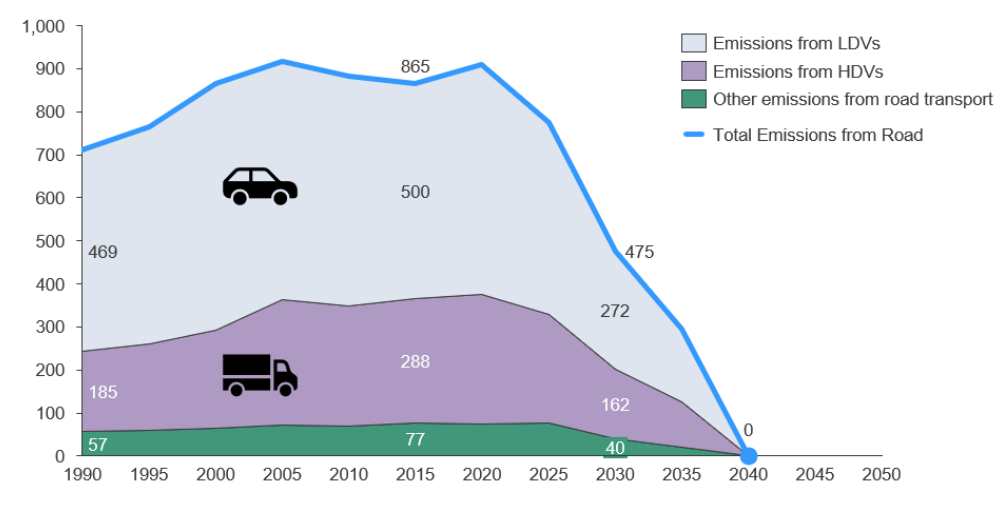Greenpeace has presented an extensive report entitled “A radical transformation of mobility in Europe: exploring the decarbonization of the transport sector by 2040″ where he analyzes the challenges that our market will have to face to reduce emissions to meet the objectives imposed in the Paris climate agreements.
This study indicates the factors that we will have to face to reduce the emissions of one of the sectors that has the most impact in Europe. It will include reducing the need for transport itself, with 47% fewer vehicles on the roads by 2040, up to a 48% increase in the use of the train as a means of moving people and goods, which will reduce polluting air traffic, and of course the leap to sustainable mobility thanks to electrical systems.
But undoubtedly, the most exciting section is related to the objective of putting an end to the sales of diesel and gasoline cars by 2028. According to the report, the date on which
the commercialization of vehicles with an internal combustion engine in Europe.

To achieve this, from the study, they look at the example of the success of Norway and put it as a model to follow to significantly accelerate electric mobility throughout Europe. Europe will have to put on the table a stimulus package for buyers that allows them to reduce the over-cost of electric vehicles compared to combustion vehicles as long as the price of batteries is not competitive.
These goals are crazy for many, as it would effectively end diesel and gasoline car sales in less than eight years. But Greenpeace indicates that even with this aggressive calendar, Europe will still have a fleet of vehicles with a majority presence of combustion engines by 2040.

It is estimated that by that date, there will still be about 39 million diesel or gasoline cars and vans circulating on the roads, which would represent 28% of a fleet that they estimate will be just 137 million units. Almost 50% less than the total fleet in 2015.
Greenpeace proposes that in 2040 a ban on the circulation of vehicles with combustion engines in Europe be implemented to achieve a genuinely significant reduction. A period of 12 years from the sales ban takes into account the average time of ownership of a vehicle in Europe.
A report that gives us an idea of how badly Europe is doing in reducing emissions and creating a sustainable transport system, which, even with such aggressive and radical measures, will take decades to achieve.

